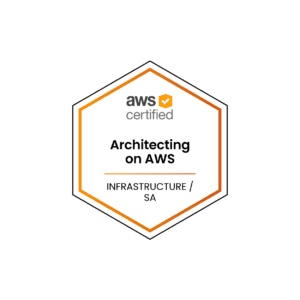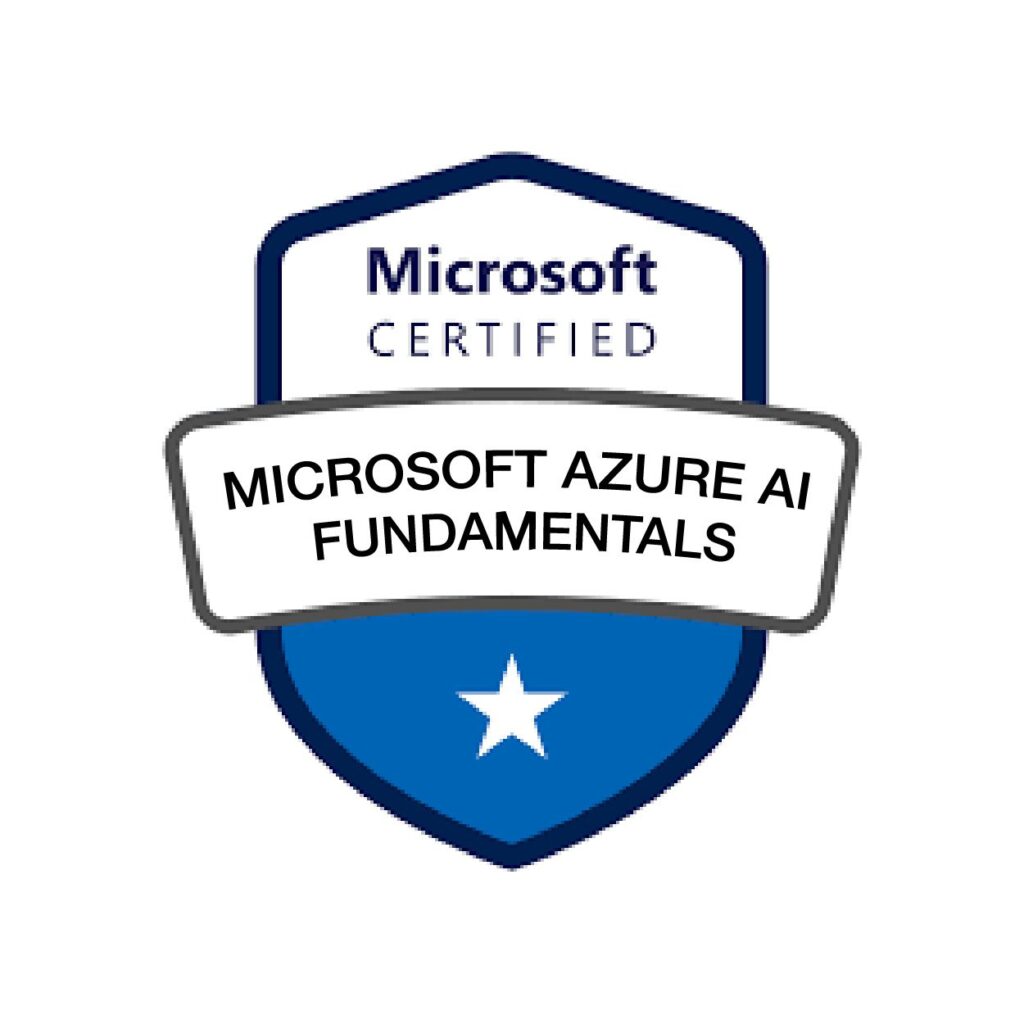Course Overview
This course covers methods and practices to implement data engineering solutions by using Microsoft Fabric. Students will learn how to design and develop effective data loading patterns, data architectures, and orchestration processes. Objectives for this course include ingesting and transforming data and securing, managing, and monitoring data engineering solutions. This
course is designed for experienced data professionals skilled at data integration and orchestration, such as those with the DP-203: Azure Data Engineer certification.
Target Audience
This audience for this course is data professionals with experience in data extraction, transformation, and loading. DP-700 is designed for professionals who need to create and deploy data engineering solutions using Microsoft Fabric for enterprise-scale data analytics. Learners should also have experience at manipulating and transforming data with one of the
following programming languages: Structured Query Language (SQL), PySpark, or Kusto Query Language (KQL).
Prerequisites
There are no prerequisites for this course.








